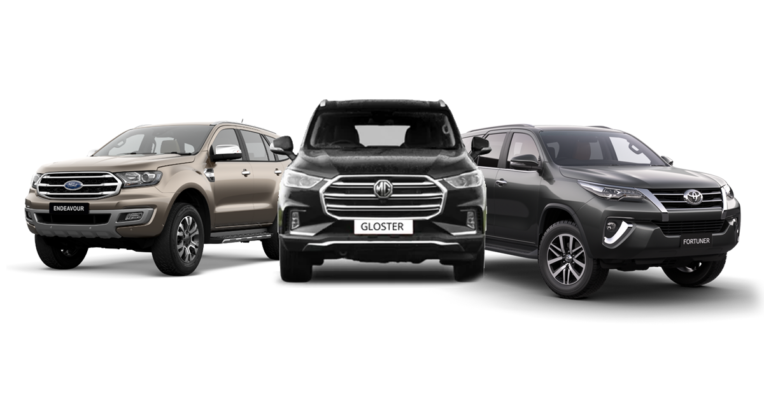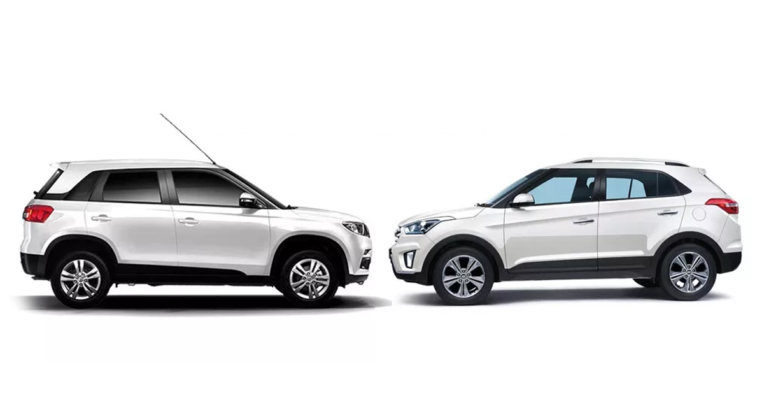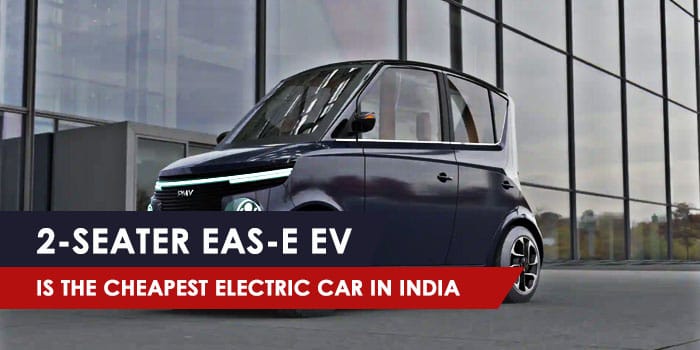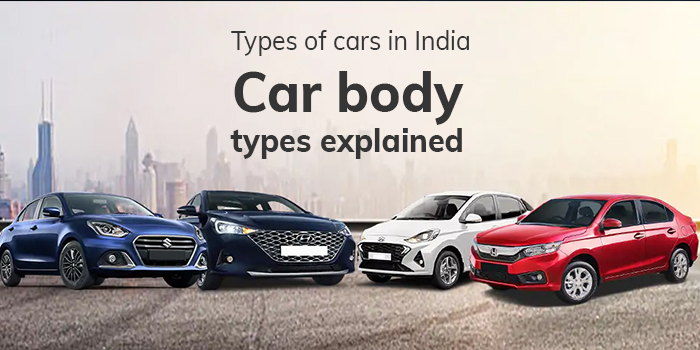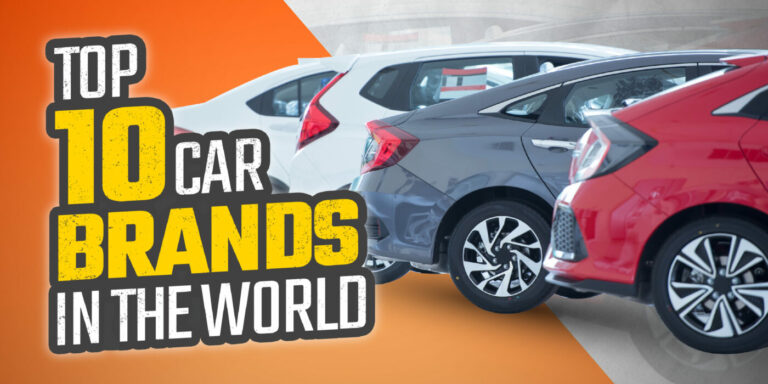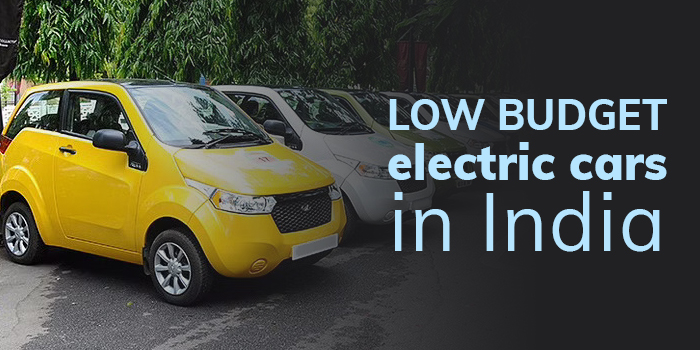
Electric cars are gaining momentum as a viable means of transport and a way to provide a sustainable future for the Indian automotive industry. Low budget electric cars in India are getting popular in the hatchback, sedan, SUV and MPV segments, with more manufacturers releasing EVs. Tata has the Tigor EV, Nexon EV and Nexon EV Max. Mahindra is all set to launch the XUV 400, its first EV based on the XUV 300 as part of its sustainable future plans. Low budget electric cars are poised to make their mark in our country.
Low cost Electric cars in India
Entry-level electric cars in India start from Rs.12 lakh which is not the most affordable price for many buyers. In contrast, conventional petrol or diesel engine cars costs from Rs. 4 lakh onwards. The reason electric cars are so expensive is the cost of the lithium-ion battery packs which is the major contributing factor to the initial price.
Electric cars also undergo a lot of research and development and use technology that is still in its nascent stage in the country. It will take some time before we see EVs being on the same price bracket as petrol or diesel cars.
Also read Common Fuel Types Used in Cars in India and How to Select the Right Fuel
Let’s have a closer look at low budget electric cars in India and get into some of the details, specifications and prices of each model.
Tata Tigor EV
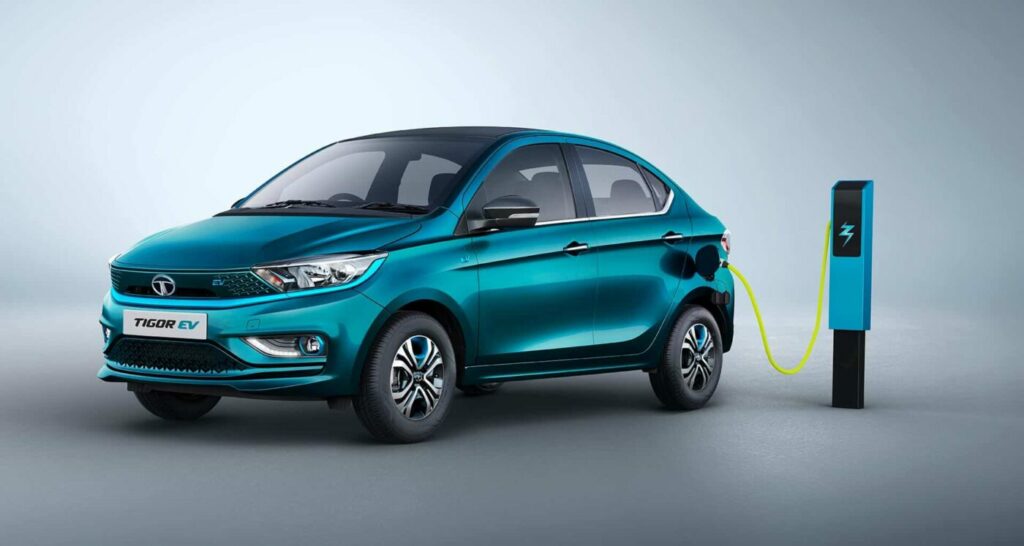
The Tigor EV is an affordable passenger electric sedan from Tata priced at Rs. 12.49 lakh. It has spacious interiors and features such as bumper-mounted LED DRLs, special 14-inch alloys, a 7-inch Harman infotainment touchscreen system, a rear parking camera, a cooled glove compartment and an electric opening boot.
The compact EV sedan has a 26-kWh lithium-ion battery pack that powers a 74 bhp / 170 Nm electric motor. This power unit can accelerate the Tigor EV from 0-60 km/h in 5.7 seconds which is quite impressive for such a small motor. The battery has fast charging support with a standard 15 Amp power plug, while the range is 300 km and the battery can be charged to 80% in just one hour.
It is difficult to differentiate the Tigor EV from its petrol/diesel counterpart as the electric vehicle has been converted from a conventional engine layout. Still, there are some EV-specific styling accents like the blacked out-front grille that don’t need ventilation slats as there is no radiator involved with EVs. On the safety front, the Tata Tigor EV received a 4-star safety rating in Global NCAP safety standards.
The Tata Tigor is considered a low budget electric car and is the most affordable EV available in India. There are no EVs that can give the Tigor any competition, the closest electric car is the Tata Nexon EV which is slightly more expensive.
Also read Tata Tigor EV Pros And Cons – Best EV For The Masses?
Mahindra XUV 400
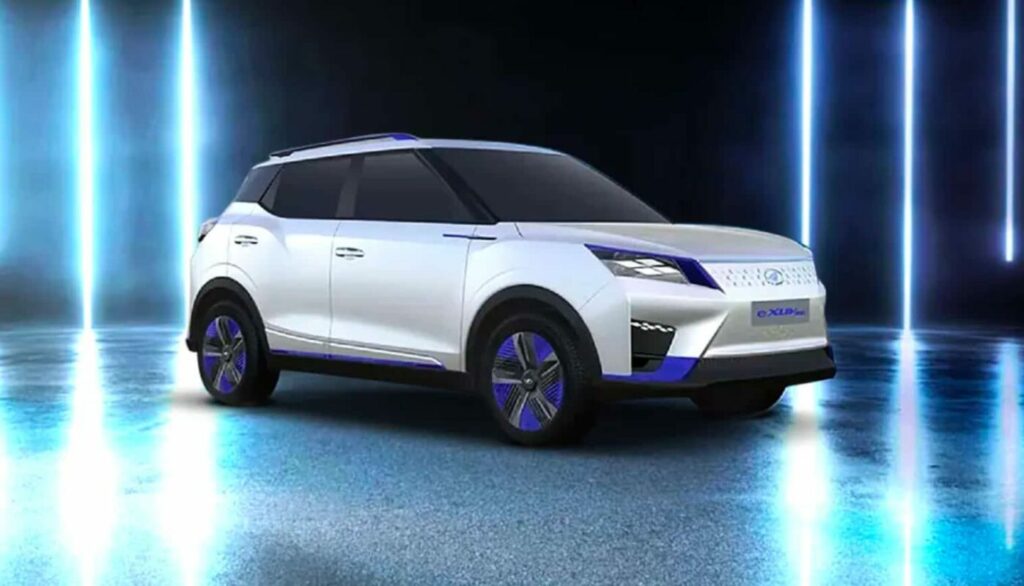
This compact electric SUV is expected to be launched in January 2023 and is Mahindra’s first foray into EV territory. The car is expected to be powered by a 40-kWh battery pack (150 bhp / 310 Nm) giving it an impressive range of 450 km and an acceleration time from 0-100 km/h in 8.3 seconds.
The Mahindra XUV 400 is considered to be one of the upcoming low budget electric cars in India priced between Rs.14 – 16 lakh. The XUV 400 is based on the XUV 300 platform but is slightly longer and has some redesigned elements at the rear. The interiors and driving position remain familiar but the floor is now a little higher due to the battery placed below the seats. Some of the advantages of the XUV 400 include a strong and powerful motor that provides slick performance and a long-range that will make it useful for long drives.
The XUV 400 will directly rival the Tata Nexon EV Max and the MG ZS EV. In terms of interior features, the XUV 400 may not impress those familiar with the XUV 300, but it does have an all-black theme, a touchscreen infotainment system with Apple Car Play and Android Auto, six airbags and all four-disc brakes for safety.
Also Checkout Top 5 Small Electric Cars In India
Tata Nexon EV
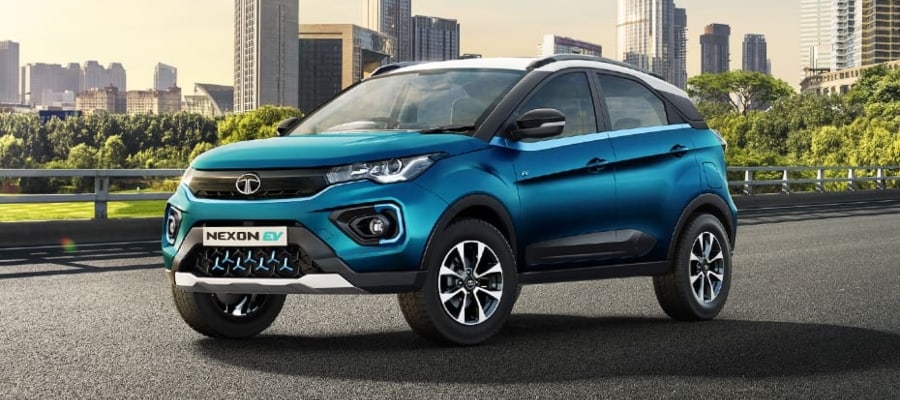
The Nexon EV is the most affordable electric SUV in India with a price of Rs.14.99 lakh (average ex-showroom). Its pros are an easy-to-drive EV, with affordable running costs. There is also an 8-year warranty on the battery that is sure to provide hassle-free driving and peace of mind. It has an excellent performing power plant that produces 74 bhp and 170 Nm of torque from a 30.2 kWh lithium-ion battery.
Visually, it is identical to the Tata Nexon ICE (internal combustion petrol/diesel) variant and is merely a conversion to run on electric power. It has a range of 300 km and its charging time is 8.5 hours. The lack of charging infrastructure in the country means that the driver will suffer from range anxiety and the Tata Nexon is not a car you could plan for a long-distance trip.
There are no rivals for the Nexon EV as there is no compact SUV electric vehicle in the same price range. Tata has priced the Nexon EV well to make it an alternative to petrol/diesel vehicles like the Hyundai Creta, MG Hector and Kia Seltos.
Also read Tata Electric Cars price in India – Upcoming EVs from Tata
Hyundai Kona Electric
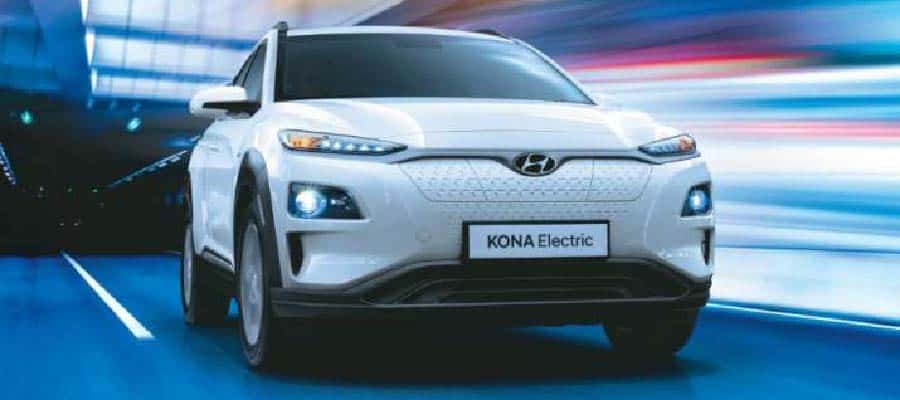
This is India’s first truly electric SUV because it is built ground up on a dedicated EV platform and not a mere conversion from a petrol/diesel layout. The Kona EV is imported to India via the CKD route and will be assembled in the country to keep costs down. Hyundai has priced the Kona Electric at Rs.23.84 lakh.
It has a special permanent magnet synchronous electric motor that produces a maximum power output of 134 bhp and 395 Nm of torque. Impressive figures from a 39.2 kWh lithium-ion battery that provides a range of 452 km on a single charge. This takes the Kona EV from being a mere city runabout to a serious long-distance runner, although the lack of charging infrastructure may put some drivers off. The EV comes with a DC fast charger that can charge the battery up to 80% in 1 hour. Regular charging on a standard power plug will take 6 hours.
Also read Hyundai to Launch Six EVs in India By 2028
The Kona Electric is a one-of-a-kind EV that really has no competition as there is no electric SUV in the same price range that offers a dedicated platform. Interior equipment features a 7-inch touchscreen infotainment system, and an exhausting list of powertrain information such as battery percentage, range, energy flow, charging times, etc. There are driving modes to choose from including Eco+, Eco, Comfort and Sport for a lively driving experience.
The Hyundai Kona Electric is one of the best and most affordable, true electric vehicles you can buy in India.
Conclusion
Rising fuel prices have inclined car buyers to consider electric cars and Automobile Companies In India are launching new EV models to cater to this new segment. Electric cars like the recently launched Tata Nexon EV and the upcoming Mahindra XUV 400 are proof that low budget electric cars are positioned to be the next segment leaders.
There are EVs available in all price ranges ranging from the affordable Tata Tigor EV to luxury vehicles like the Hyundai Kona Electric and the Kia EV6. Even manufacturers like Tesla are looking to launch their electric cars in the country and are setting up base here.
Also Checkout Tesla Could Assemble Cars in India – Government Denies Any Import Concessions
It seems that there is an EV to suit everyone’s requirements. However, it is essential that the government sets up a robust and wide charging infrastructure that will make the lives of EV owners much simpler. Imagine charging stations dotted along interstate highways across the length and breadth of our nation. This will definitely entice buyers to opt for an electric car, thereby increasing overall sales and bringing down the initial costs of EVs.
Probably the most exciting prospect of EVs is their zero pollution and use of sustainable energy. Modern-day cities are getting choked with fumes, smog and pollution from internal combustion cars. EVs are most likely the perfect solution, offering a green way to travel and contribute to the protection and preservation of nature.
Here are some more interesting article about electric cars in India that you might find useful Electric SUVs In India – Upcoming Electric Cars In 2022 and BMW iX Launched in India at Rs 1.16 Crore or visit Carorbis Blog for more like this.
Frequently Asked Questions
Q1. Which is the least expensive electric car?
Ans. The least expensive electric car in India is the Storm Motors R3 Electric Car. Technically it is a three-wheeled trike and not a car. The cost of this tiny electric car is Rs.4.5 lakh which is an affordable price for an EV. It is a 2-door, 2-seater, electric vehicle with an automatic transmission. It may be small in dimensions and short on space, but in today’s crowded city streets, it is the perfect vehicle to squeeze through traffic, with easy manoeuvrability. The Strom R3 claims a maximum range of 200 km on a 48-volt battery pack that powers a 15-kW electric motor (20.4 bhp / 90 Nm). There are 2 other variants of the Storm R3 with a smaller battery pack and lower range. Charging time is rated at 3 hours for a full recharge.
Some of the notable features of the Storm R3 include a 7-inch touchscreen infotainment system, digital instrument binnacle, keyless entry, power windows, climate control and GPS navigation.
Q2. Will electric cars become more affordable?
Ans. It is believed the price of electric cars will be comparable to petrol/diesel cars in the near future. Currently, EVs cost twice as much as an internal combustion car. Some ways in which EVs can be made more affordable include better designs, a platform dedicated to electric propulsion (rather than a conversion from an ICE platform), advanced battery technology and dedicated production lines.
Governments are looking at electric cars to dominate the automotive industry by the year 2030. Various tax benefits, incentives and discounts on the initial purchase will be offered on EVs in order to attract more buyers. Charging infrastructure around the country will also be improved to help EV owners with range anxiety, allowing them to drive longer distances without fear of running out of charge and not finding a charging station.
Q3. What is the best cheapest electric car?
Ans. Low cost electric car price in India starts from Rs.12 lakh. The best, most affordable electric car in India is the Tata Tigor EV. Prices start from Rs.12.49 lakh (average ex-showroom price) and it has a driving range of 306 km with a charging time of 8.5 hours. The Tata Tigor EV gets a 4-star NCAP rating for safety and is a practical city car, with a silent motor that has a power output of 74 bhp and 170 Nm of torque. The battery is a 26-kWh lithium-ion pack that offers decent acceleration times and supports fast charging. The Tata Tigor EV is quite spacious and can accommodate 5 adults in comfort in its roomy cabin.
Q4. Will electric cars ever be affordable?
Ans. Electric cars are expensive and out of the reach of many due to their high initial cost, and uncertainty regarding charging options. The cheapest electric car in India costs around Rs.12 lakh but prices can go up to Rs.60 lakh for the Kia EV6, a fully electric car in the category of luxury vehicles that not everyone can afford.
Battery prices are expected to reduce with advances in manufacturing technology which will decrease the overall cost of EVs. Battery cost is one of the major expenses that contribute to the high price of EVs. Right now, electric cars are seen as more of a luxury rather than something the common man can use for daily transport. Simultaneously, the Government and private manufacturers have to build a wider charging infrastructure to support EVs on our roads, to make them more viable and practical.
Q5. What is the cheapest fully electric car?
Ans. The Tata Tigor EV is the cheapest electric car available in the country with a price of Rs.12.49 – 13.64 lakh (average ex-showroom price). It is a compact sedan that can be used as a daily driver in the city. With a range of 300 km, it can also be used for long-distance drives, although the lack of a wide charging network may discourage drivers from taking the car out of the city.

